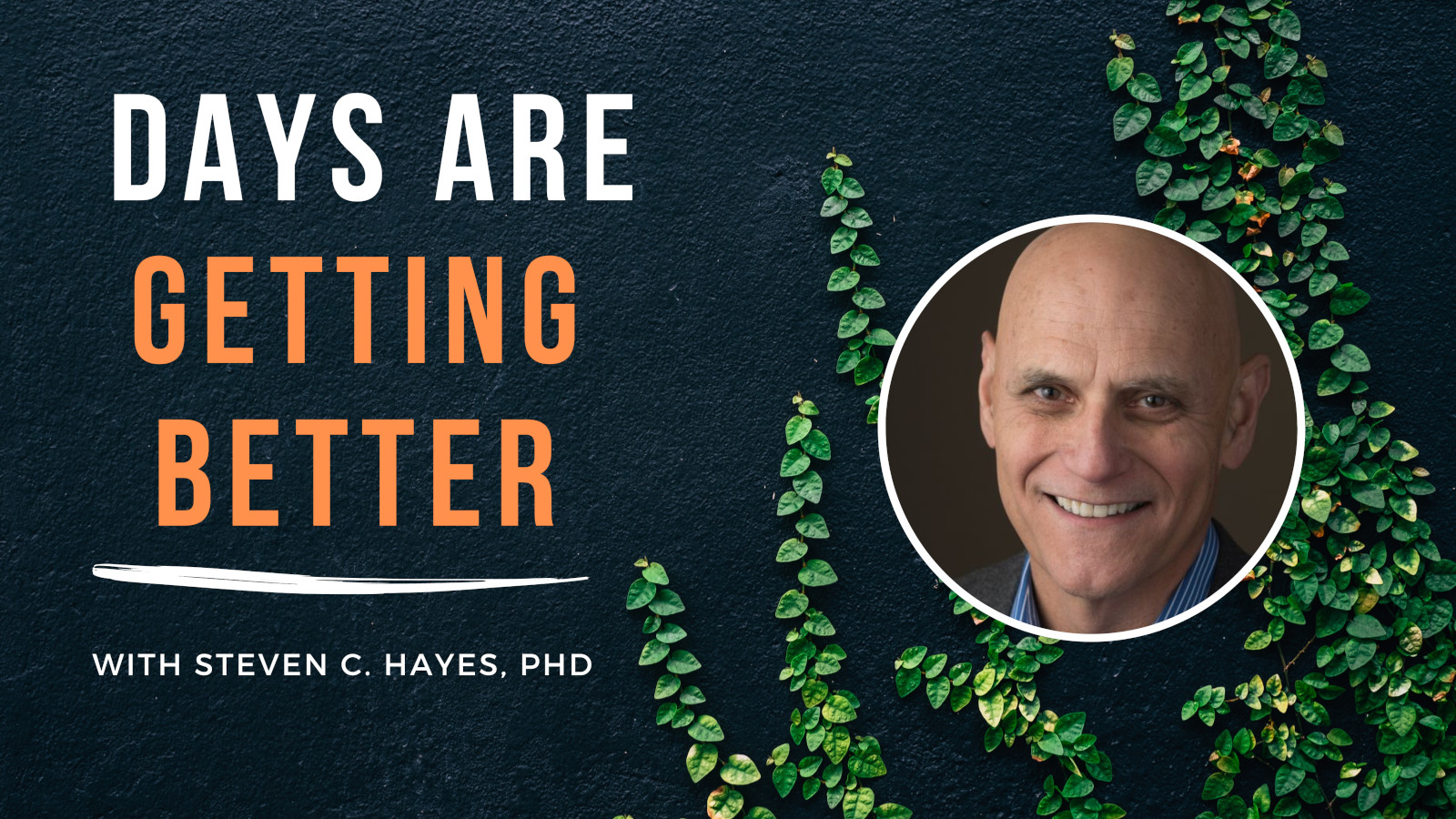In the 13th century, medics commonly treated mental illness by drilling a hole into a person’s head, thus releasing demons and evil spirits, in the hopes of “curing” the person.
Up until the 19th century, medics also believed that if bodily fluids got out of balance, physical and mental illness would be the result. People with mental health challenges were subjected to bloodletting, purging, and induced vomiting to “re-establish the balance”.
Today, we smirk at such ignorance. Such practices have been abolished in the developed world and are widely understood to be harmful charlatanerie.
And yet, I have no doubt that future generations will look back at us today, shake their heads in disbelief and smirk at our stupidity. I think even ordinary people will see the primitive ideas that drive our current mental health practices.
The Problem With Our Mental Health System
We currently practice mental health care inside one of two classification systems: The Diagnostic Statistical Manual (DSM) or the International Classification of Diseases (IDC). Both have been revised multiple times over the last decades to keep up with advances in clinical science and cultural developments.
The way the system works is simple: A person who is feeling unwell comes to the therapist and tells them about their complaints. The therapist in turn checks off a list of symptoms. Enough symptoms of a specific kind, and the person gets a label of a specific psychological disorder. It’s like a game of pattern recognition, but instead of shouting “BINGO” in excitement, a therapist states “You have Major Depression” or “You have Panic Disorder” or what have you.
The assumption behind both classification systems is the same: There are underlying latent diseases slumbering inside of us hidden behind groups of symptoms. Although we cannot see them directly these entities affect our mood, our emotions, our thoughts, and our behavior.
After half a century of trying, and many billions spent, such classification schemes have not led to functional groupings of etiology, course, and response to treatment. Not even one. Instead, the DSM or ICD labels highway heterogeneous patterns using arbitrary guidelines and cut-off points.The classification system crams individual human lives into made-up collective boxes that ride roughshod over life as it is lived. It is no surprise that most people deal with “comorbidities” (aka multiple conditions), and that the most common diagnosis is “not otherwise specified”. The reason is a simple truth: in the main, human misery does not arise from latent diseases hidden inside our minds.
We need to do better. We need an alternative to the syndromal classification system. We need a system that doesn’t treat people as labels, but as individual people with individual challenges, yearnings, skills and aspirations.
Who Mental Health Care Is Really For
In truth, mental health care is not just for the 1 out of 5 that have been labelled as having a “disorder” by a sad syndromal diagnostic system. Instead, it’s for the 5 out of 5 folks who face mental health challenges: You, me, and everyone else.
In this era of COVID-19 it is obvious that we all face mental health challenges on a regular basis. All of us. And we can all benefit from tending and caring for our mental health – just as we do for our physical health.
You would never say to a person “hey you have developed a physical health problem… gee, I guess now you have to start to exercise”, while saying to everyone else “do whatever, but pity those poor people with physical health problems – they have to exercise.”
Of course you would not say something like this, because exercise is good whether or not you struggle with a physical health problem. And yet, it’s exactly what we’re doing with “mental” challenges because our underlying models are driven by the delusion of latent diseases hiding inside syndromes.
Enough of it. Time’s up! It’s time to rethink mental health, and to give up on labelling people inside failed syndromal classification systems.
We need to start caring for our mental health by learning and deploying effective skills and practices. Behavioral science has identified dozens of them. We need to learn and to practice those skills — and not just when things have gone wrong, but all the time.
There are no demons in the body, no bodily fluids off balance, and no latent diseases in the mind. Just people, with real mental health challenges that can be addressed by developing needed evidence-based psychological skills.
Working on our health, physical and mental, is for all of us, all of the time.







